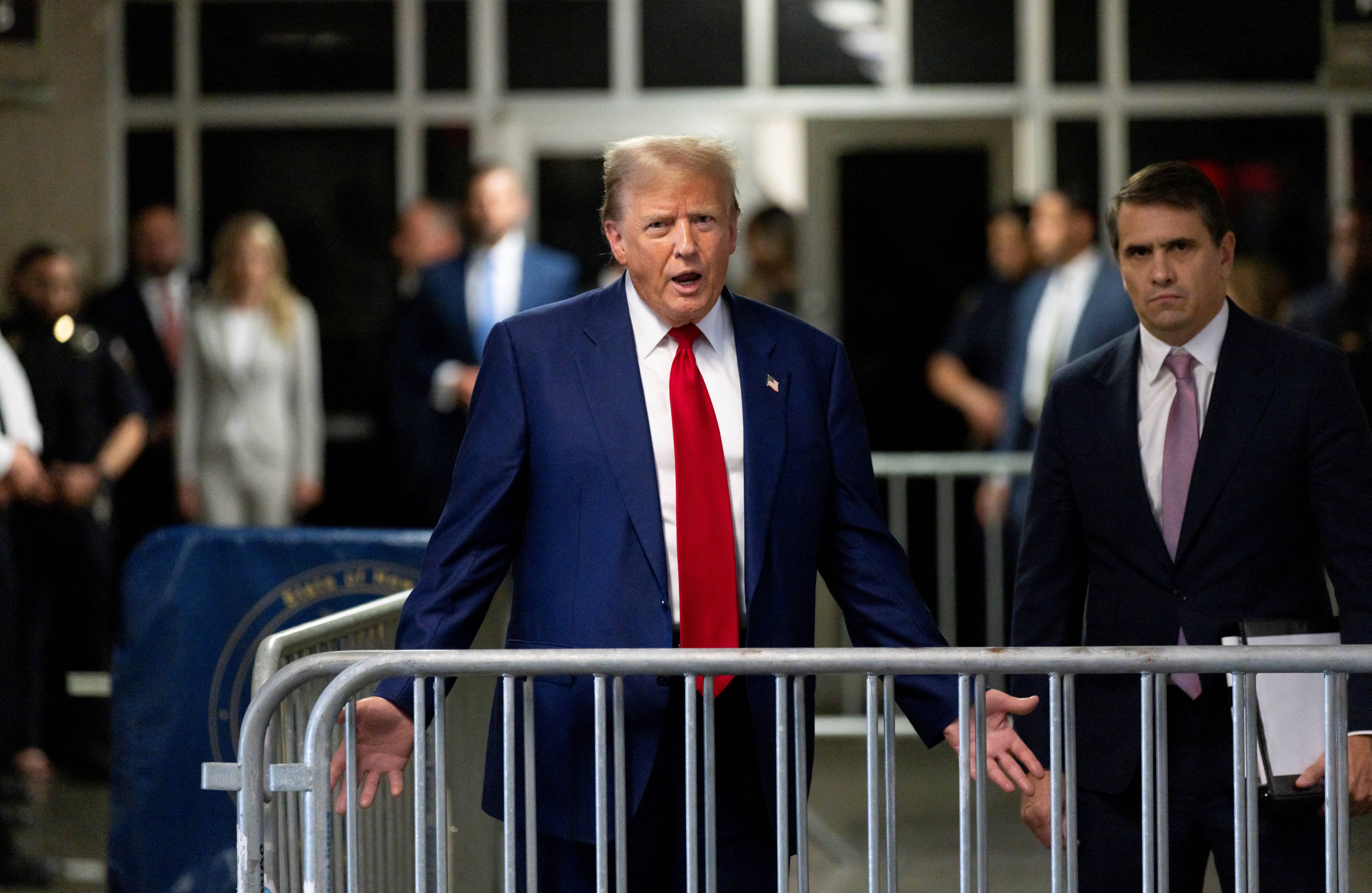
This piece was originally published on the InFacts blog.
Many people have compared Brexiters to Donald Trump. A more apposite comparison is with Greece's Alexis Tsipras and Yanis Varoufakis. The leaders of the Leave camp—Boris Johnson and Michael Gove—are making wild promises they can't deliver just as Tsipras did before he became Greek prime minister last January. They will suffer a similar rude awakening if they win the referendum.
Tsipras conned the Greek voters by saying the country could escape austerity and slash its debt if only he was elected. He said Germany et al would do what Athens wanted because the entire eurozone would be destroyed if Greece blew up.
Tsipras appointed Varoufakis, an economist who specialized in "game theory", as his finance minister. But there was a flaw in Varoufakis' theory. Germany et al had already taken measures to ensure that the euro would survive a Greek exit. As Varoufakis played hardball, some eurozone politicians even thought "Grexit" would be a good idea. Their attitude was: "Blow yourself up if you really must".
With Greece's cash reserves perilously low, Tsipras should immediately have done a U-turn. But that was impossible given the promises he had made to the electorate. It was only after Greece was staring into the abyss that Tsipras backtracked and Varoufakis resigned.
Now look at the Brexiters. They have told voters they'll get a good trade deal with the European Union if we quit. They say Germany would be desperate to continue selling us BMWs, so it will give us what we want.
Gove has even proposed a version of Varoufakis' hardball tactics. Writing in The Times, Vote Leave's campaign chair has advocated blackmailing the EU until we get our way: "The other countries will know that until a deal that suits us is reached we still retain a veto over their plans. So that gives us all the cards."
But there's a flaw in Gove's game theory: we rely on exports to the EU for 13 percent of our GDP, while their exports to us are only 3 percent of their GDP. If we play tough, Germany et al will circle the wagons, take the hit and watch us sweat.
Of course, Britain isn't as desperate as Greece. But there's not much we could veto because most decisions are taken by majority. We'd also have to keep paying into the EU budget; otherwise the other countries could suspend our voting rights.
In such circumstances, Johnson or whoever was prime minister should make a rapid U-turn. But it would be impossible to explain that to voters who had been promised they could have their cake and eat it. Instead, we'd probably engage in the mother of all divorce battles. That would damage our economy and influence for years.
Hugo Dixon is the author of The In/Out Question: Why Britain Should Stay In the EU and Fight To Make It Better. Available here for £5 (paperback), £2.50 (e-book).
Uncommon Knowledge
Newsweek is committed to challenging conventional wisdom and finding connections in the search for common ground.
Newsweek is committed to challenging conventional wisdom and finding connections in the search for common ground.
About the writer
To read how Newsweek uses AI as a newsroom tool, Click here.








